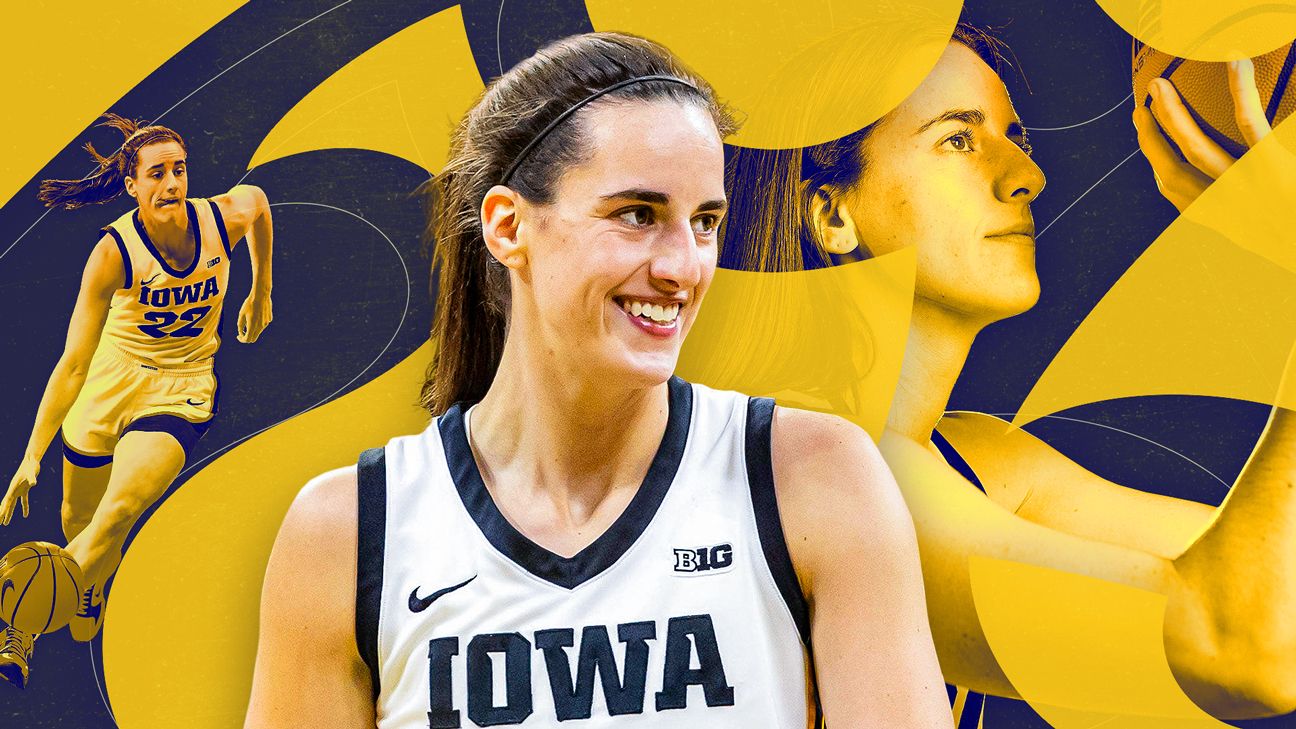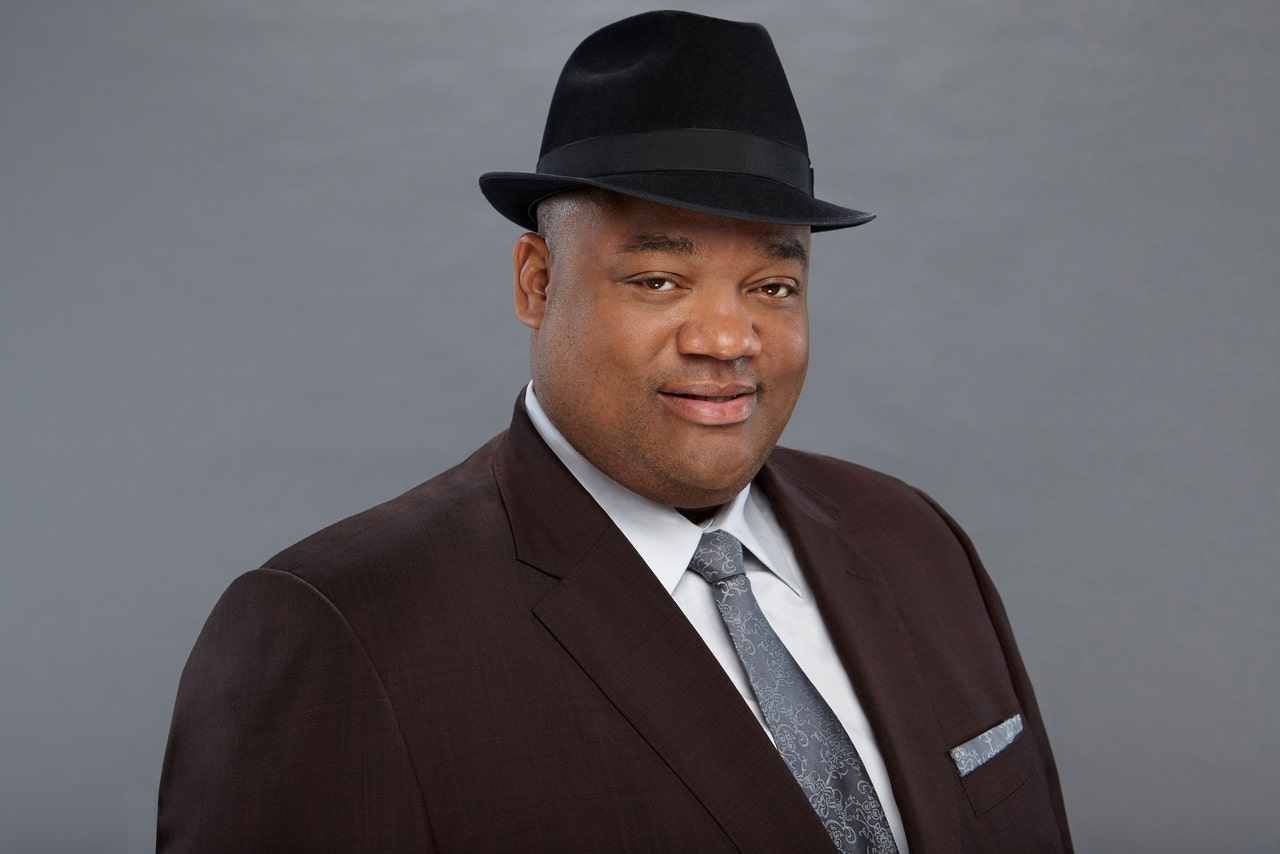The Women’s National Basketball Association (WNBA) is at a pivotal moment, with rookie sensation Caitlin Clark’s stunning entry into the league sparking conversations about pay equity, media attention, and the potential for a rival league. As Clark continues to dominate headlines, the WNBA faces both unprecedented excitement and underlying tensions.
The Rising Star
Caitlin Clark’s debut season has been nothing short of spectacular. Averaging 19.2 points per game and leading the league with 8.4 assists, her performances have attracted a record-breaking audience, with her first game against the Connecticut Sun pulling in 2.1 million viewers on ESPN. This attention has generated a wave of optimism around women’s basketball, but it has also cast shadows over the experiences of veteran players.

Racial Dynamics in Focus
As Clark basks in the spotlight, some veteran athletes, particularly Black players who have spent years toiling in relative obscurity, express concerns about being overshadowed. The sudden influx of attention on Clark raises critical questions about representation and equity within the league. Veteran players are vocalizing their frustrations, advocating for equal media coverage and respect for their contributions to the game.
The Call for a Rival League
In light of Clark’s meteoric rise and the growing disparities in player compensation, discussions about launching a rival league have gained traction. The idea is not without merit, as many WNBA players currently seek better financial opportunities overseas, often leaving the league to secure higher salaries. The emergence of a new league could challenge the WNBA to rethink its marketing strategies and pay structures, ensuring fair compensation for all players.
Changing Audience Dynamics
Clark’s presence is attracting a significant shift in the WNBA’s fan demographic, notably an increase in white viewers. While this growth in audience is positive on the surface, it raises concerns about the potential transformation of the league’s identity. Some worry that the focus on Clark may divert attention from the incredible talents of Black athletes who have long been the backbone of the WNBA.

Veterans Speak Out
Amidst the excitement, veterans like A’ja Wilson emphasize the need for the league to capitalize on this moment. Critics argue that the league’s leadership, including Commissioner Kathy Engelbert, has yet to fully harness Clark’s impact, risking the potential for a wider cultural and economic shift. The ongoing discussions about race, representation, and pay are proving to be more than just locker room chatter—they are resonating throughout the league and beyond.

The Future of Women’s Basketball
As Clark clinches the Rookie of the Year award, the WNBA finds itself at a crossroads. The momentum behind her success could lead to a complete transformation of women’s basketball, but only if the league is willing to confront its longstanding issues. The prospect of a rival league looms large, and the conversations sparked by Clark’s arrival may force the WNBA to adapt or risk being left behind.
As the league grapples with its identity and direction, one thing is clear: Caitlin Clark is not just changing the game; she’s igniting a revolution that could reshape the future of women’s professional basketball.
